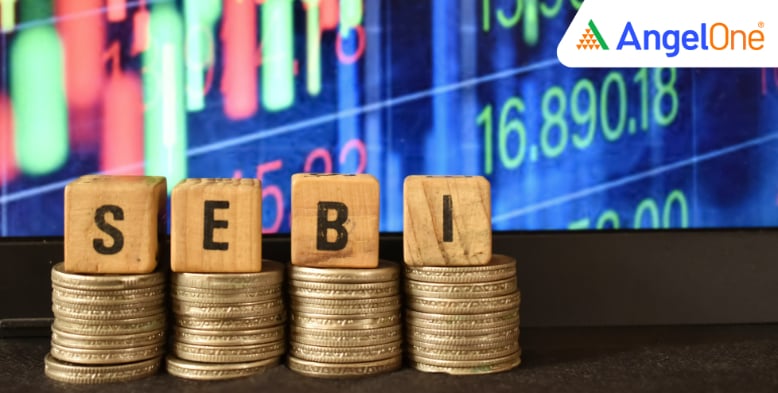
The Association of National Exchanges Members of India (ANMI) has written to SEBI Chairman Tuhin Kanta Pandey, seeking the restoration of Bank Nifty weekly derivatives contracts. The industry body stated that removing products does not resolve the underlying cause of retail investor losses and may hurt market depth and liquidity.
In a letter dated November 8, ANMI President K. Suresh said, “ANMI submits your good offices to consider: a) restoration of Bank Nifty weekly derivative contracts that strengthen capital markets. b) Recognise and grant licence to Trading Academies (TA) on the lines of recognised Research Advisory (RA) and Investment Advisory (IA) to make structured, continuous investor education.”
ANMI said that the removal of Bank Nifty contracts could impact market efficiency, liquidity, and institutional portfolio management strategies, while doing little to address behavioural issues that lead to retail trading losses. It added that adjusting expiry days for major indices such as Nifty 50, Sensex, or Nifty Bank would not effectively reduce retail losses.
The industry body emphasised that investor education and risk awareness are the most effective ways to prevent losses in the derivatives market. “The remedy lies in strengthening investor education and risk-awareness so that participants engage with a full understanding of the products,” ANMI stated in its submission.
Citing SEBI’s own analysis for FY25, ANMI noted that 91% of individual derivatives traders incurred net losses, with aggregate losses rising 41% year-on-year to ₹1.05 lakh crore. Despite these figures, investor education initiatives have reached less than 1% of traders, and surveys show that nearly two-thirds of investors lack basic market literacy.
To address the issue of investor awareness, ANMI urged SEBI to create a new regulatory category for Trading Academies. It proposed a framework that includes:
The association compared the model to driving schools, stating that “vehicles are not banned because untrained drivers may crash; instead, training and licensing systems ensure safe usage.” Similarly, licensed trading academies could help retail participants build competence before engaging in high-risk segments like derivatives.
ANMI also highlighted that the broking industry is already facing profitability challenges due to regulatory changes. Float income has fallen because of new upstream and downstream rules, volume-based discounts ended from October 1, 2024, and execution charges have narrowed significantly with the rise of low-cost brokerage platforms.
The removal of high-velocity trading products such as Bank Nifty, it said, would further amplify revenue contraction, weaken intermediary resilience, and reduce their ability to fund investor education initiatives.
Read More: SEBI Announces Key Reforms to Bank Nifty Index.
ANMI’s submission to SEBI calls for a balanced approach that combines investor protection with market development. The association said that restoring Bank Nifty weekly derivatives and introducing a regulated trading academy ecosystem would help address retail losses by improving market knowledge rather than limiting access.
Disclaimer: This blog has been written exclusively for educational purposes. The securities mentioned are only examples and not recommendations. This does not constitute a personal recommendation/investment advice. It does not aim to influence any individual or entity to make investment decisions. Recipients should conduct their own research and assessments to form an independent opinion about investment decisions.
Investments in the securities market are subject to market risks, read all the related documents carefully before investing.
Published on: Nov 11, 2025, 1:46 PM IST

Akshay Shivalkar
Akshay Shivalkar is a financial content specialist who strategises and creates SEO-optimised content on the stock market, mutual funds, and other investment products. With experience in fintech and mutual funds, he simplifies complex financial concepts to help investors make informed decisions through his writing.
Know MoreWe're Live on WhatsApp! Join our channel for market insights & updates
